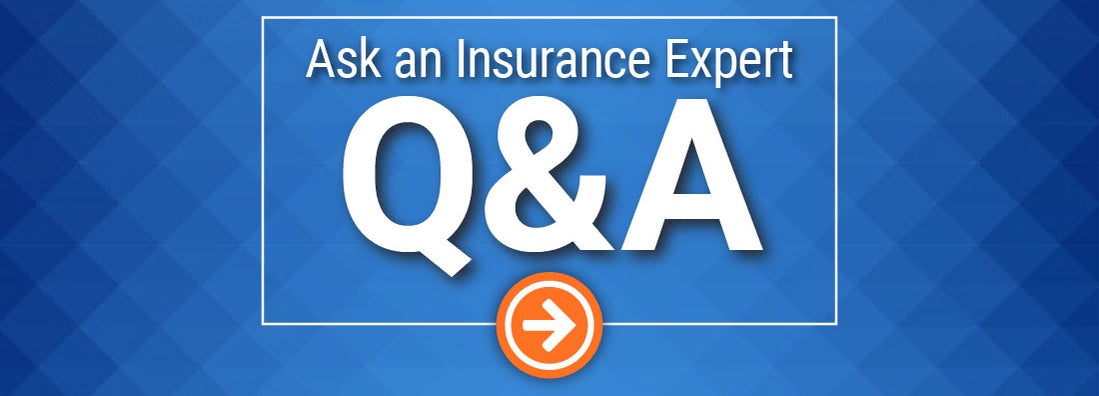Does Homeowners Insurance Cover a Broken Boiler?

Paul Martin is the Director of Education and Development for Myron Steves, one of the largest, most respected insurance wholesalers in the southern U.S.

Navigation
Is a broken boiler covered under standard homeowners insurance policies?
When and how does homeowners insurance cover a broken boiler?
How much do I have to pay if homeowners insurance doesn’t cover my broken boiler?
If homeowners insurance doesn’t cover a broken boiler, what will?
Expert(s) Found on this Page
Is a broken boiler covered under standard homeowners insurance policies?
As a new homeowner, I’m curious about what all is covered under my insurance. The boiler makes me nervous because it could potentially cause a lot of damage, not to mention being really expensive to replace if it breaks down. Is a broken boiler covered under standard homeowners insurance policies?
That’s a tricky subject. In some cases it COULD be, but there’s a pretty big “but”. Some insurance companies are trying to make newer homeowners policies more competitive by building in coverage for the breakdown of bigger equipment in the home, but not all of them. Sometimes this coverage is included, but sometimes it’s extra. Bottom line is, don’t expect it to be covered.
When and how does homeowners insurance cover a broken boiler?
Be sure to review your specific policy first to make sure it covers boilers at all, but if it does, there are a couple of common scenarios when it would be covered. We’ll take a closer look for a better understanding.
Standard homeowners insurance might cover broken boilers in the following scenarios:
- The boiler broke by means of explosion. Explosion is a covered peril under standard homeowners policies.
- The boiler was destroyed due to a covered natural disaster.
Natural disasters commonly covered by homeowners insurance include:
- Windstorms
- Hail
- Fires
- Blizzards
- Lightning
Natural disasters typically NOT covered by homeowners insurance include:
- Floods
- Earthquakes
- Mudslides
Again, coverage will vary depending on your specific policy. If you’re lacking coverage for a broken boiler or any other component you’d like to see under your homeowners policy, work with your independent insurance agent to purchase the additional coverage you’re looking for.
How much do I have to pay if homeowners insurance doesn’t cover my broken boiler?
You might first want to be familiar with scenarios in which a standard homeowners insurance policy definitely won’t provide coverage for a broken boiler. Once you’ve nailed down an understanding of the specific situations your policy provides coverage for, you’ll be better equipped to decide whether or not you should purchase additional coverage.
Standard homeowners policies will NOT cover a broken boiler in the following scenarios:
- The boiler breaks down due to your misuse of it.
- The boiler breaks due to improper installation.
- The boiler breaks down due to your failure to keep up with routine maintenance. General wear and tear is not covered under standard homeowners policies.
- The boiler breaks due to extensive damage from a non-covered natural disaster.
Now we’ll assume you do have coverage for a broken boiler. In the event of an explosion, you’ll be responsible for paying your policy’s deductible and any left over amount remaining above the limit in that category of coverage. Coverage limits will vary depending on your specific homeowners insurance policy. You may also choose to purchase more coverage to increase these limits if you wish.
If you’re worried about your boiler exploding, you may want to purchase an extra policy known as umbrella insurance to fund the remainder of the damage beyond what your homeowners policy will cover. If your home explodes, it’s not unlikely for it to cause one or both of your neighbors’ homes and potentially even the home across the street to explode along with it, or at least suffer some damage.
Standard homeowners policies typically come with $300,000 limits on liability coverage. If your home explodes and causes damage to a neighbor’s home, you’ll be held responsible and will likely be sued. Umbrella coverage would probably be necessary to cover legal fees that surpass your homeowners policy’s liability limit.
If homeowners insurance doesn’t cover a broken boiler, what will?
If you have a home equipment warranty for your boiler, that will generally cover the cost of the unit’s replacement in the event that it breaks down. These warranties can also help with damage to the boiler. You may also be able to purchase coverage for larger appliances as an add-on to your homeowners policy. General wear and tear on an appliance is not covered under standard homeowners policies as the upkeep is considered to be the homeowner’s job.
Keep up with the routine maintenance on every major appliance you own for your best bet at preventing a catastrophe. Also be sure to become familiar with the deductible amount on your homeowners insurance policy as well as its limits in both the dwelling and personal property categories. It’s best to understand your coverage fully before you ever run into a problem.
https://www.iii.org/article/homeowners-insurance-basics
